ANALYSIS: Eagle Partner 2025. More Politics Than Protection.
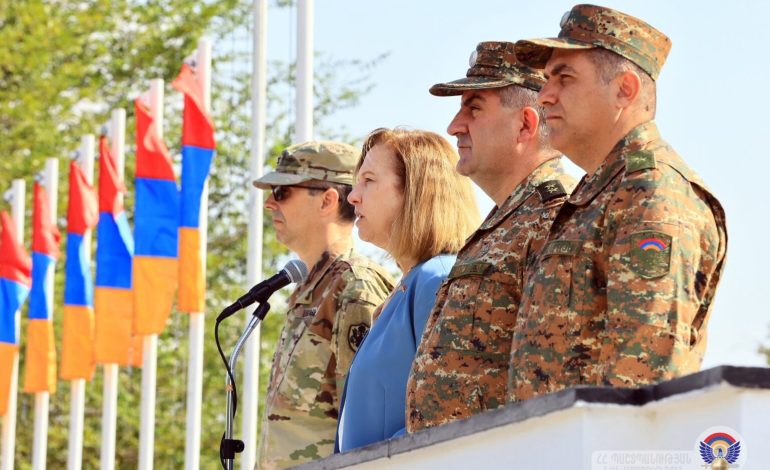
The Eagle Partner 2025 drills kicked off in Armenia this week, running until August 20. On paper, they’re about preparing peacekeepers and sharpening skills in medical evacuation. In reality, analysts like Beniamin Poghosyan say they’re less about bolstering Armenia’s hard defence and more about sending a political message: Armenia–US military cooperation is alive and kicking.
The exercise brings together Armenia’s peacekeeping brigade, US Army Europe and Africa, and the Kansas National Guard. It’s the third year in a row they’ve run, and while the training is narrow in scope, it’s another brick in the wall of Yerevan’s pivot away from Moscow. Armenia has frozen its CSTO membership, skipped Russian-led drills, and is leaning harder into Western partnerships.
The catch? This cooperation doesn’t come with any kind of iron-clad security guarantee. Washington hasn’t offered advanced weaponry, let alone pledged to defend Armenia if Azerbaijan or anyone else crosses the line. And that’s a dangerous gap, given Armenia’s still-raw wounds from the 2023 Nagorno-Karabakh loss and its uneasy peace with Baku.
From a geopolitical standpoint, Eagle Partner is about more than joint training. For Washington, it’s a signal that the US is willing to plant a flag in the South Caucasus, a region Russia has dominated for decades. For Yerevan, it’s a way to show Moscow that Armenia has other options.
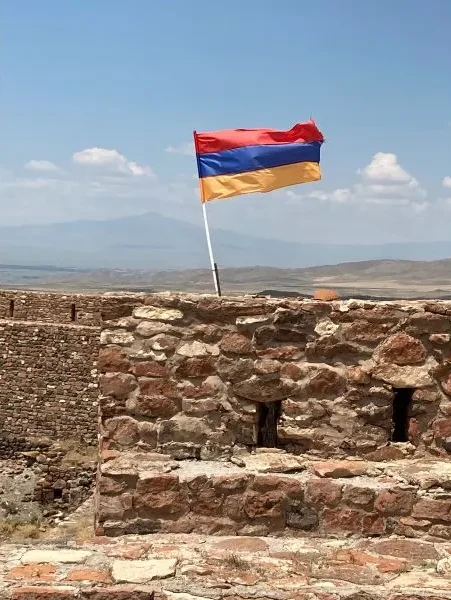
But as Poghosyan points out, Russia still has plenty of leverage:
- A military base in Gyumri locked in until 2044.
- Control over key Armenian imports, energy, and infrastructure via the Eurasian Economic Union.
- The ability to stir up political trouble by exploiting dissatisfaction with the Azerbaijan peace deal.
Iran’s not thrilled either, warning against more US activity near its borders. In the worst case, Moscow and Tehran could coordinate pressure on Yerevan — politically, economically, or even militarily.
The US-brokered Armenia–Azerbaijan peace agreement is shaky. It leaves key issues unresolved: prisoners of war, the rights of displaced Armenians from Nagorno-Karabakh, and the ever-contentious “Western Azerbaijan” rhetoric from Baku. Without clear enforcement mechanisms, these flashpoints could reignite tensions — and Russia or Iran could exploit them to pull Armenia back into their orbit.
Add to that Armenia’s dependence on Russian trade and energy, and you have a government that’s walking a tightrope: deepen ties with the West without provoking Moscow into destabilising the economy or security environment.
What to watch next:
- Whether Eagle Partner expands beyond peacekeeping drills to include combat training or larger forces.
- How Russia reacts — economically, militarily, or through propaganda — to US-Armenia cooperation.
- Iran’s response if US presence in Armenia grows.
- Public opinion inside Armenia, especially as 2026 elections approach and dissatisfaction over the peace deal simmers.
- Any movement on arms transfers or tech sharing from the US or Europe — and whether CSTO membership slows it down.
Eagle Partner 2025 is a political signal wrapped in a peacekeeping exercise. It shows that Armenia is edging further from Russia and closer to the US — but without hard security guarantees, it’s more optics than insurance. The drills may make for good headlines, but until Armenia secures binding commitments from its new partners, it remains in a strategic no-man’s-land: too far from Moscow to rely on it, too close to the West to please Russia, and still without the safety net it desperately needs.
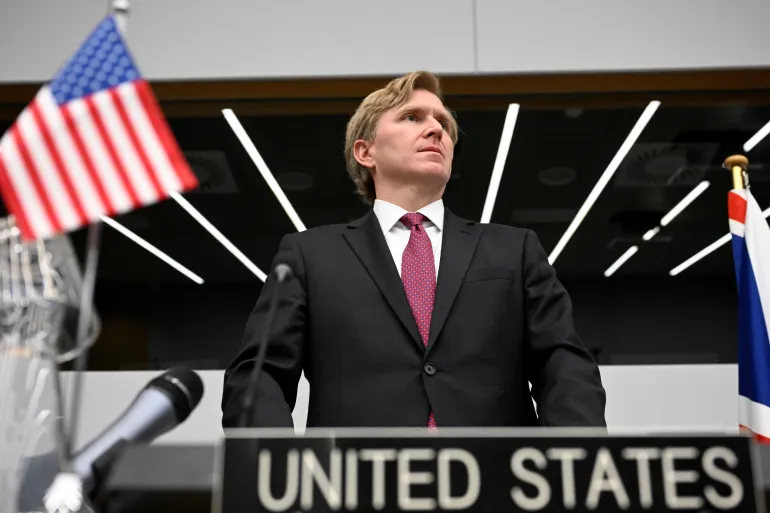

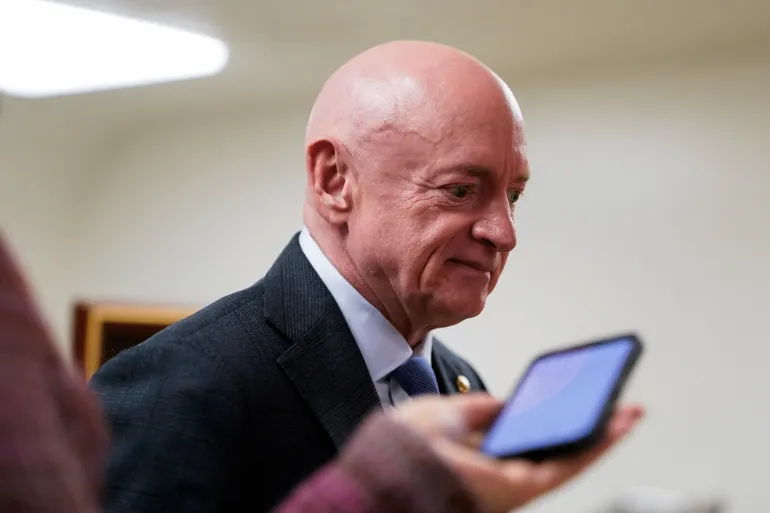

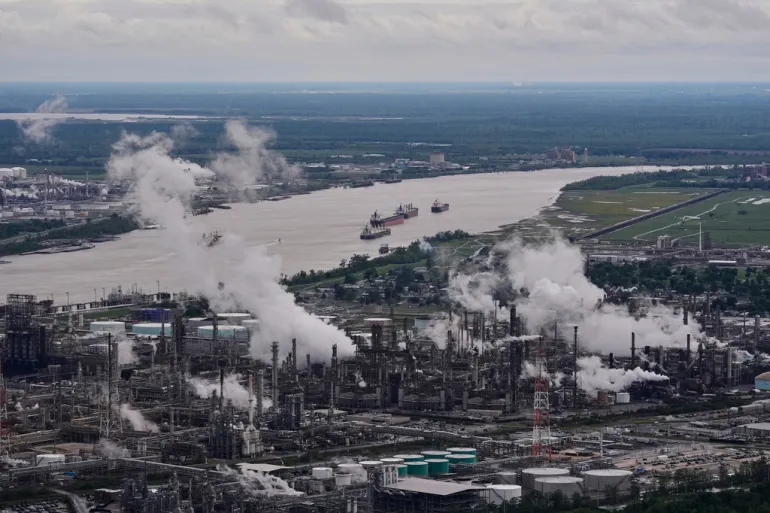




The latest news in your social feeds
Subscribe to our social media platforms to stay tuned